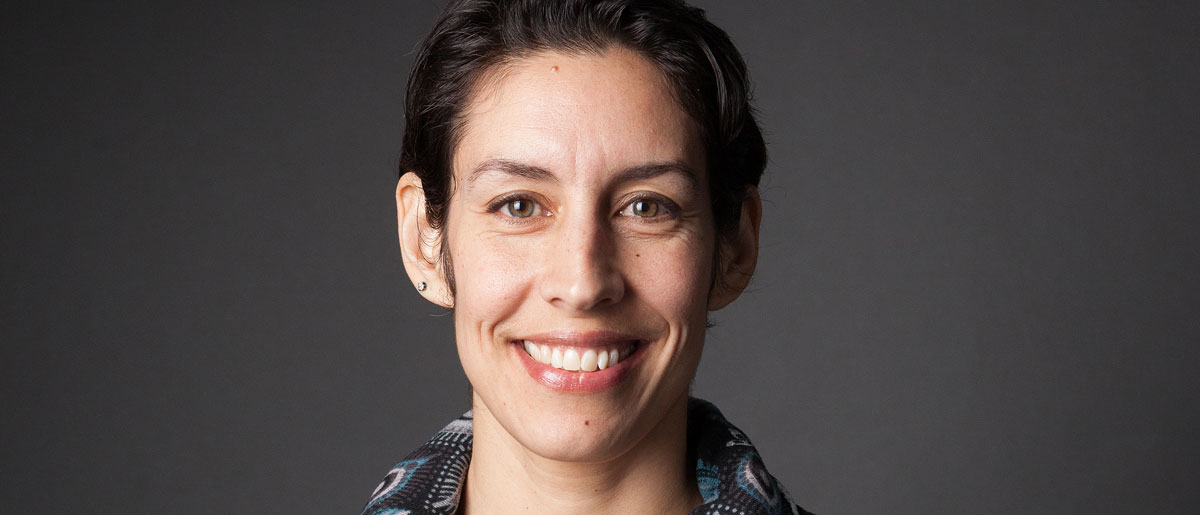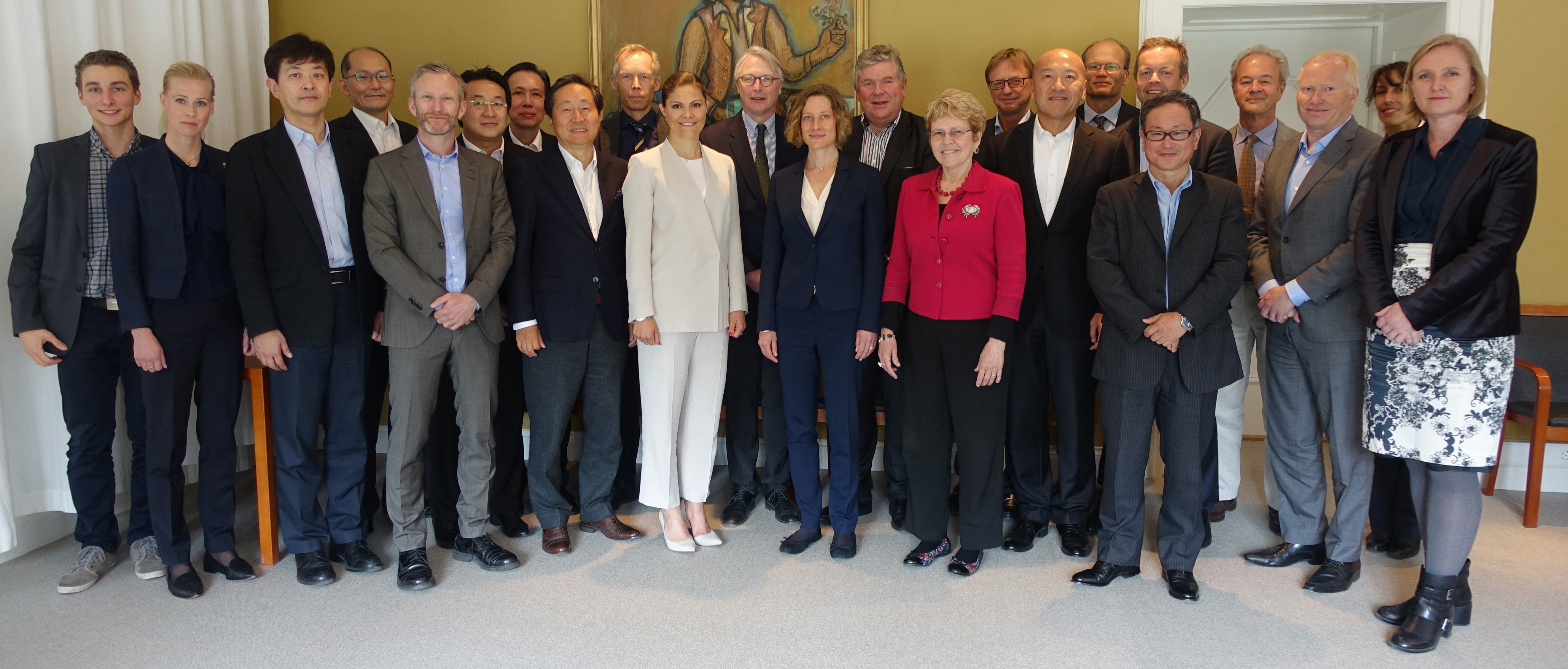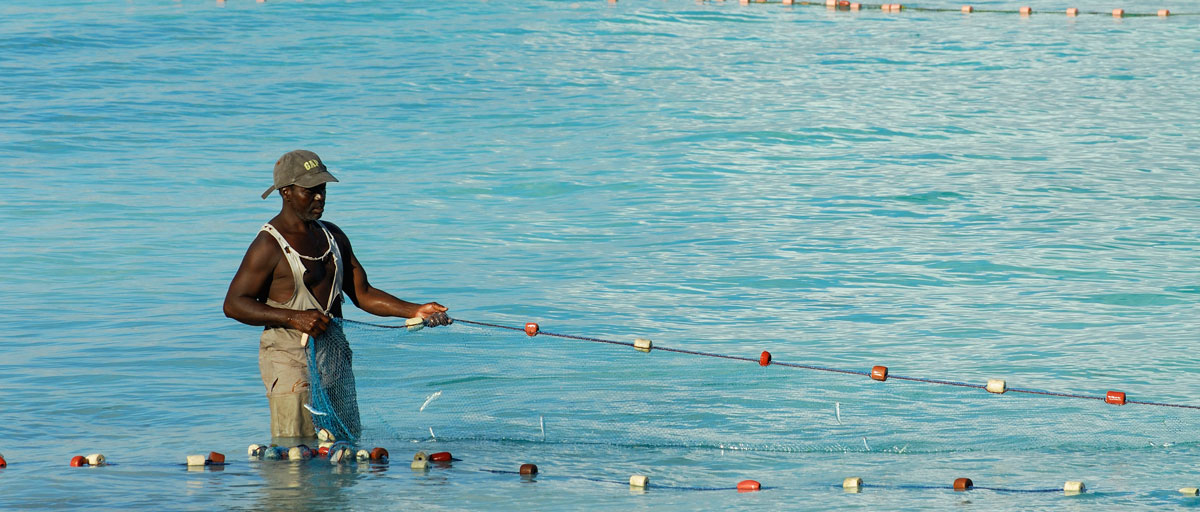Time:
00:08:41
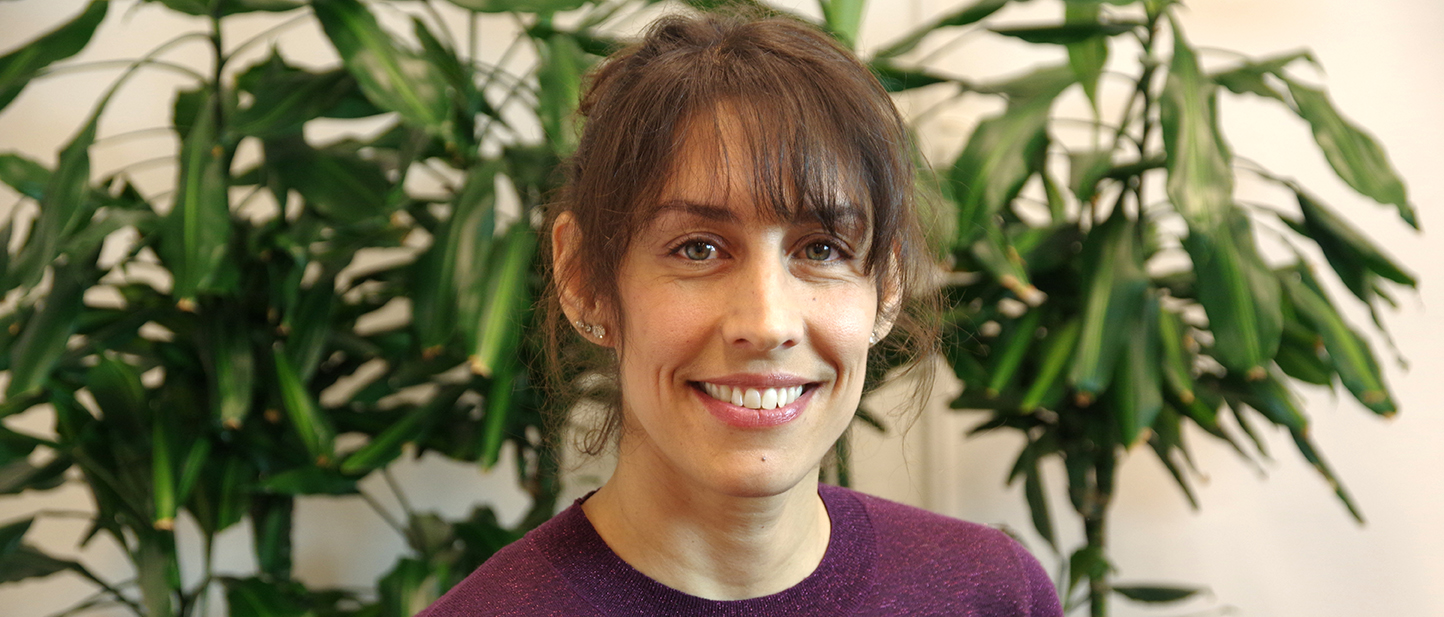
Bildtext
Bildtext får vara max två rader text. Hela texten ska högerjusteras om den bara ska innehålla fotobyline! Photo: B. Christensen/Azote
international women's day
Master of the local to the global
To celebrate International Women’s Day, we have been highlighting some of our women researchers at the centre. In our final profile this week, we showcase associate professor Beatrice Crona, whose work spans from small-scale fisheries governance to global drivers of change.
- Beatrice Crona is an associate professor at SRC, and leads the research programme “Global Economic Dynamics in the Biosphere” at the Royal Swedish Academy of Science
- She holds a PhD in Systems Ecology from Stockholm University
- Beatrice also works to bridge policy and science, such as through engagement with the financial sector on sustainable investments, and through participation in the EAT Lancet commission on Healthy Diets from Sustainable Food Systems
Beatrice describes herself as a ‘jack of all trades, and master of none’ researcher, but sees that as her strength. As a transdisciplinary researcher, you must be able to navigate different bodies of literature, bringing them together into one cohesive story. As an associate professor here at the centre, that’s what Beatrice does.
From navigating research on marine management and governance, to more recently focusing on global connectivities and their social-ecological impacts around the globe, her understanding of the environmental problems we face is extensive. She also does all this across different scales.
A great example of this, is a paper shorthandedly called ‘Masked, diluted and drowned out.’ As the lead author, her and her colleagues zoomed in on individual fishing communities in East Africa, and then connected these fishing villages all the way through fish production chains to the global level. This created a compelling case for both how global trade shapes local fishing communities, and how the global market hides impacts on people and ecosystems on smaller scales.
Her previous work and her ability to think from local to global sclaes allowed her to, in 2013, step up to lead the programme on “Global Economic Dynamics in the Biosphere” at the Royal Swedish Academy of Science.
In addition to her research, Beatrice also brings her knowledge to the policy realm. Her work on biosphere finance (together with Victor Galaz) has involved significant engagement with financial organizations and investors. She is also the lead scientific coordinator of the Taskforce on Transparency and Traceability within the SeaBOS initiative (Seafood Business for Ocean Stewardship), where she draws on her years of work on local and global aspects of fisheries.
Beatrice also supervises a number of PhD and Master’s students, as well as a number of research assistants. As a supervisor, Liz Drury O’Neill, one of her current PhD student, describes her “focus and direction” as inspiring to her own work.
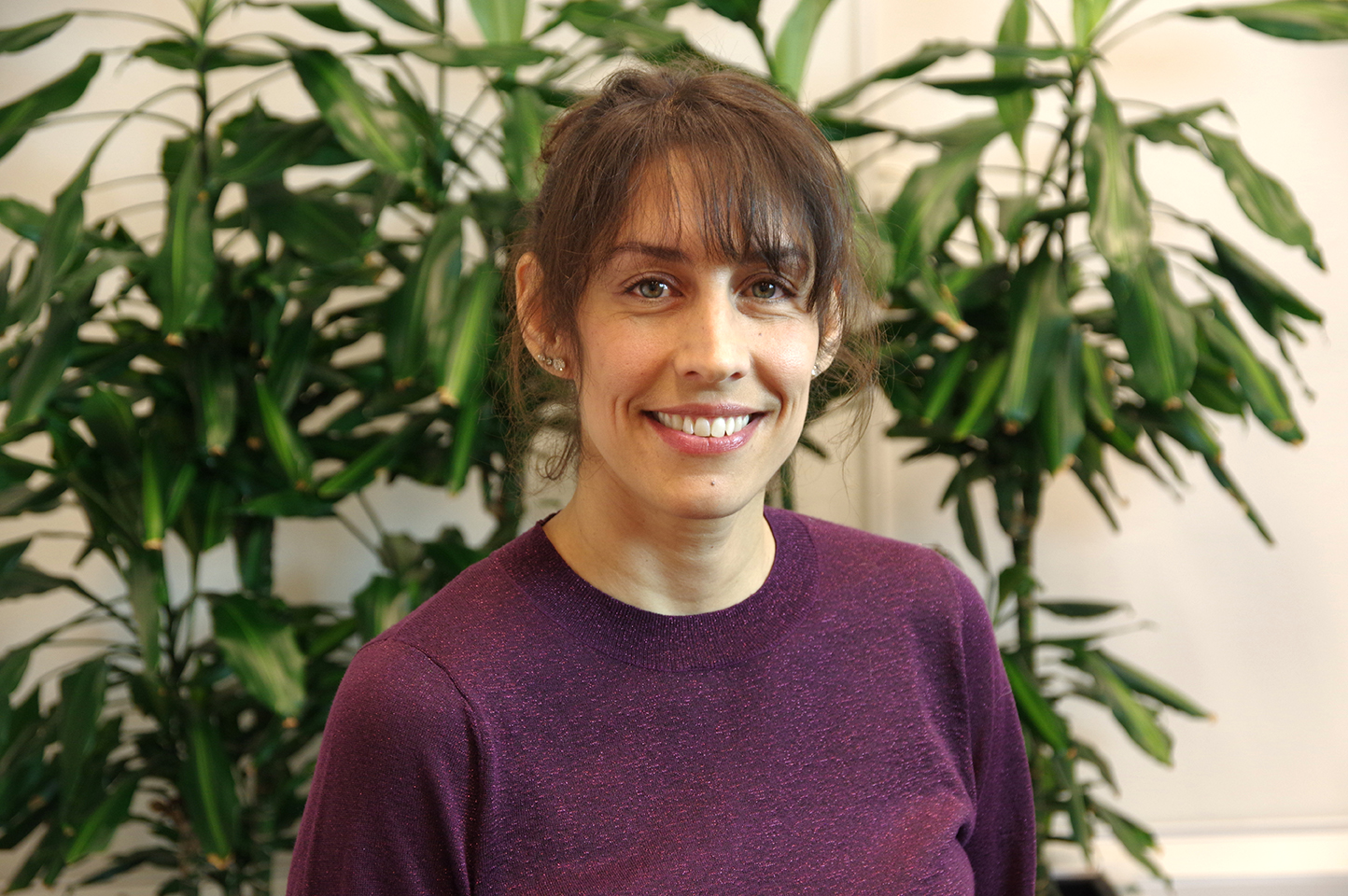
Beatrice holds a PhD in Systems Ecology from Stockholm University. She is also the leads the research programme "Global Economic Dynamics in the Biosphere" at the Royal Swedish Academy of Science.
Could you talk a bit more about some of your research?
As an interdisciplinary researcher, Beatrice’s research portfolio is sizable in terms of project diversity. When asked to discuss her research in more detail, she decided to highlight two areas of current research she is particularly excited about.
Following the money for the sake of the biosphere
In the first project, Beatrice is closely collaborating with centre associate professor Victor Galaz, and aims to link the biosphere and the financial sector.
“It’s clear that the financial sector, and how we invest money, is affecting the environment,” says Beatrice.
Currently, much of this type of environment-economy research tends to focus on impact investments, projects that aim to create environmental benefits in addition to financial return, and carbon emissions reductions. While these initiatives are important, Beatrice and her colleagues are examining the path less walked:
“We need to make sure we are bolstering the resilience of some of the key elements on our planet, that can help sustain, particularly the climate,” explains Beatrice. Using Earth systems science, Beatrice and her colleagues are looking at so called ‘tipping elements’ of the Earth’s climate system and linking these to the investors. Tipping elements are regions of critical importance for planetary and climate stability, such as the Amazon or Arctic sea ice.
“Our interest is linking the financial sector to these tipping elements, examining how they are investing now, and how investments could be done differently to bolster the resilience and help stabilize the climate, rather than undermine it,” she adds.
Understanding fisheries value chains
Together with various PhD and Master students at SRC and elsewhere, Beatrice has been examining fishery value chains. In other words, the means through which a fish gets from the ocean, to the market, to the plate.
By understanding fishery value chains, Beatrice believes that market-based mechanisms could help complement fishery regulations for more sustainable fishery practices and fish stocks. Together with her students, and in collaboration with business NGO ‘Sustainable Fisheries Partnership,’ she is investigating market-based ways to change behaviour from retailers to fishers.
In doing so, she hopes they can answer the questions: “How market-based initiatives, such as Fishery Improvement Projects, can be a governance tool for promoting sustainable fisheries around the world?” her work is uncovering how they are working, and what strategies are being employed in various types of fisheries.
Who is a woman that inspires you in your work?
“I have been thinking about this question…and I couldn’t come up with a single person, because there are lots of women that inspire me all the time,” says Beatrice.
However, there were a few that she explicitly highlighted:
Frances Westley is the J.W. McConnell chair in social innovation at the Waterloo Institute for Social Innovation and Resilience at Waterloo University in Canada. She is also the chair of Stockholm Resilience Centre’s Board.
“She has inspired many people here at the centre - both through the content of her work, and the legacy in her thinking around institutional entrepreneurship and agency, which I use in my work. But also as a mentor in thinking about how to be a women scientist in a fairly male dominated world.”
Brigette Baptiste is the director of the Alexander von Humboldt Biological Resources Research Institute in Columbia. She is a leading expert on environmental issues and biodiversity in Columbia.
“Embodies what’s possible, and how change is possible in many different ways. That was something I realized when I saw here at the Resilience 2017 conference. It was very inspirational, and she is someone I’m watching from afar.”
Beatrice also wanted to highlight women around her in her every day in life, such as her female PhD students and research assistants, for their dedication, innovative thinking and hard work.
“They are amazingly brilliant, and do a lot of good work, without which I couldn’t function, for which they inspire me.”
International Women's Day
To celebrate Internation Women's Day, we are highlighting some of our women staff at SRC. We also asked our colleauges about women that ispire them and why. Follow the links below to read more:
Highlighting women in sustainability science
Anne-Sophie Crépin, researcher and deputy director of the Beijer Institute of Ecological Economics
Miriam Huitric, director of studies, and director of the Master's programme
Sarah Cornell, interdisciplinary researcher
Jennifer Hinton, PhD candidate
